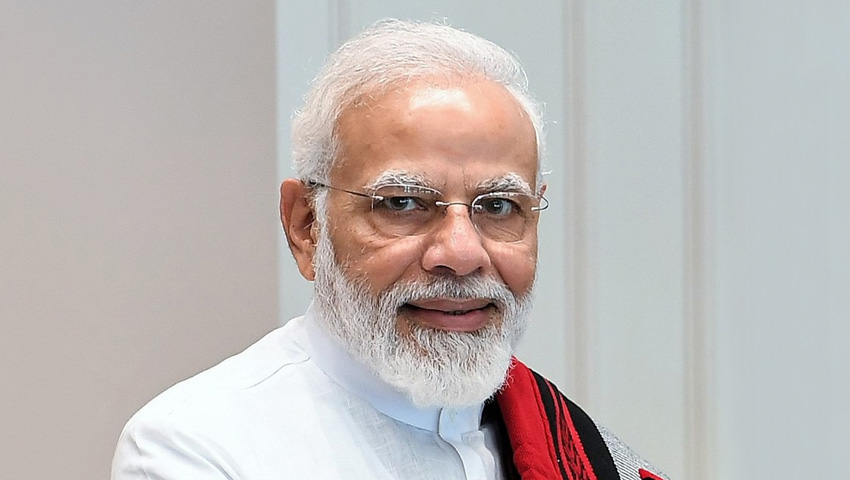A recent freedom of navigation exercise conducted by the US Navy on the coast of India has strained the US-Indian military relationship, as the US did not provide India with forewarning.
To continue reading the rest of this article, please log in.
Create free account to get unlimited news articles and more!
A US naval destroyer sailed into India’s exclusive economic zone without prior warning earlier this month, raising questions regarding the current state of US-Indian strategic relationships. The move, which reportedly “embarrassed” the Indian government has spurred many commentators to reanalyse US-Indian relations, and the impact that such an activity would have on the Quadrilateral Security Dialogue.
Sarosh Bana, editor at Business India and APAC editor for Naval Forces, writing in ASPI’s The Strategist this week outlined that following the destroyer’s incursion, the Commander of the US 7th Fleet released a statement regarding the mission outlining that “this freedom of navigation operation (‘FONOP’) upheld the rights, freedoms, and lawful uses of the sea recognised in international law by challenging India’s excessive maritime claims”.
With the US having regarded India's exclusive economic zone as "excessive", Bana questioned whether this recent event will set back US-Indian relationships following close ties between former US president Donald Trump and the Prime Minister of India Narendra Modi. According to Bana’s analysis, the US fleet’s publicly released statement was curt in tone.
Bana cites the US fleet's statement: “The USS John Paul Jones ‘asserted navigational rights and freedoms approximately 130 nautical miles west of the Lakshadweep Islands, inside India’s exclusive economic zone, without requesting India’s prior consent, consistent with international law … India requires prior consent for military exercises or [manoeuvres] in its exclusive economic zone or continental shelf, a claim inconsistent with international law."
Ironically, Bana explains that the referenced international law is the 1982 United Nations Convention on the Law of the Sea, of which the US is not a signatory.
Bana argues that countries typically have a responsibility to inform one another of such naval events in order to maintain political goodwill between the participants and the neighbouring nations. The responsibility to alert the nation is exacerbated when the countries have increasingly become strategic partners in the region, as is the situation between the US and India.
As such, Bana cited the Indian government, outlining that “India’s Ministry of External Affairs emphasised the government’s stated position that UNCLOS doesn’t authorise other states to carry out any military exercises or manoeuvres in another’s EEZ, ‘in particular those involving the use of weapons or explosives, without the consent of the coastal state’”.
Despite the Quad’s recent strategic gains, some commentators expected US-Indian relationships to tighten following the election of President Biden, notwithstanding the new President's longstanding relationship with India.
Writing in early March for The Diplomat, South Asian analyst at the United States Institute of Peace Emily Ashbridge suggested that India’s longstanding association with Russia for the procurement of defence equipment may put the burgeoning US-Indian relationship in check as President Biden takes a more resolute stance on Russia. However, Ashbridge notes that recent Quad agreements regarding climate change and vaccines may support increased co-operation in non-military fronts.
Considering Ashbridge’s analysis of the military relationship between India and Russia, it is unsurprising that the military aspect of the Quadrilateral Security Dialogue has tightened US-Indian strategic relationships in the Indo-Pacific.
As such, the four nations should look to expand their non-military dialogue in order to maintain ongoing goodwill between the countries. From energy capabilities, to trade and combatting the coronavirus – the Quad must expand to more than being an Asian NATO.
Get involved with the discussion and let us know your thoughts on Australia's future role and position in the Indo-Pacific region and what you would like to see from Australia's political leaders in terms of partisan and bipartisan agenda setting in the comments section below, or get in touch with
Liam Garman
Editor – Defence and Security, Momentum Media

 Login
Login








